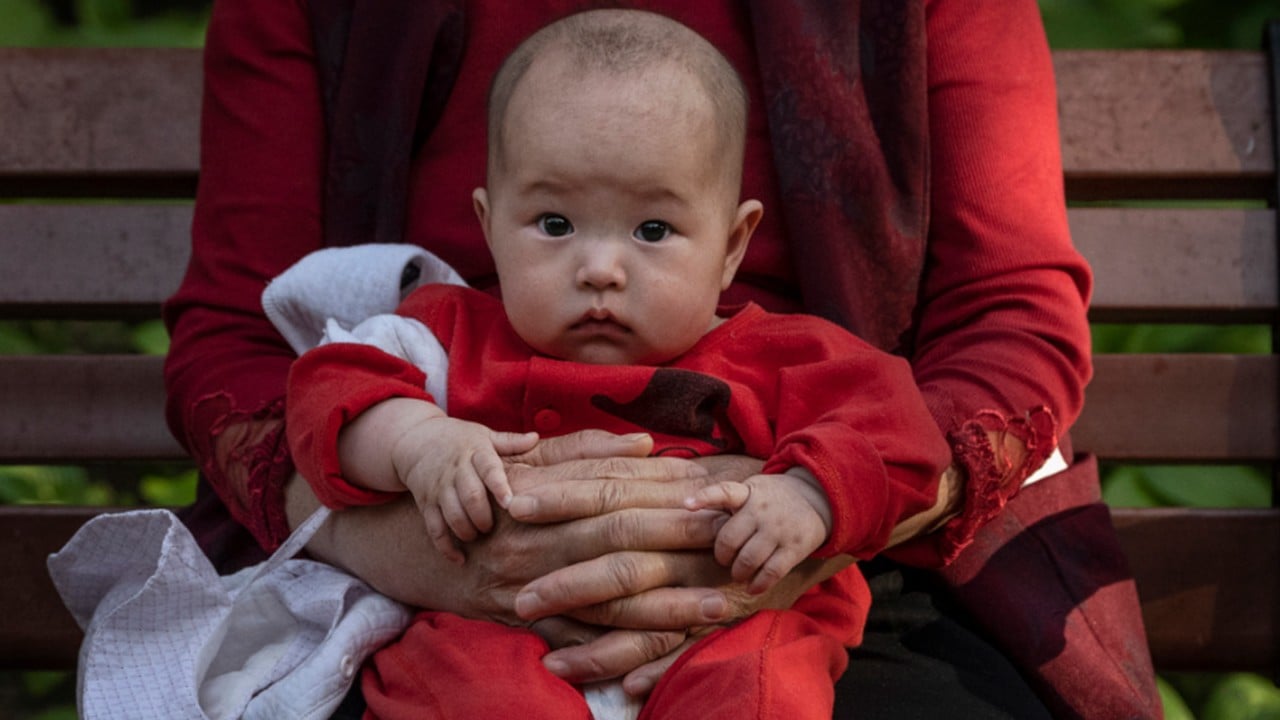“We have been talking about China entering a new normal with a shrinking population since over a decade ago … and have for the first time recorded a decline in population growth last year,” Cai Fang, a prominent labour economist at the Chinese Academy of Social Sciences and People’s Bank of China policy adviser, said on Sunday.
“As our demography is in a ‘new normal’, it will create new conditions for our economic development. I call this a ‘new new normal’ period for China’s economy,” he told the China International Finance Annual Forum in Beijing.
His comments come at a time when more than 14 per cent of the Chinese population is aged 65 and above, posing a severe challenge to an already weakening economy struggling to shake off a lack of confidence following prolonged pandemic curbs.
Last year, China reported its first population decline since 1961.
A shrinking and ageing population poses a challenge to the quality, spending power and motivation of China’s future workforce, diminishing overall productivity and capital returns, and ultimately hurting the long-term national growth potential.
Advertisement
“China’s potential in [economic growth] will fall further, even beyond original expectations,” Cai warned.
Even if the retirement age is raised, the current labour force would be unable to offer the skills needed for the fast upgrade of industries as the economy modernises, Cai said. The usual retirement age in China is 60 years for male white-collar workers and 55 for women.
Cai said the mismatch between China’s labour market and structural changes in the industrial sector as it pushes for greater production efficiency meant it would be hard to solve jobs-related challenges, including youth unemployment.
Jobless rates in the 16-24 age group had been setting new records every month this year until the government decided to stop publishing data as of August, citing the need to “improve and optimise statistics”.
Advertisement
“We need to recognise that traditional stimulus, which concentrated on infrastructure construction, is not going to work under the current economic situation,” he told the forum attended by bankers and business leaders from across China.
“These would not be able to create many jobs, nor would those jobs created be suitable for the young population.”
China to relax wide scope of social controls as it tries to boost economic growth
China to relax wide scope of social controls as it tries to boost economic growth
Instead, Cai called for further relaxation of China’s “hukou” household registration system, which restricts population movement and also prevents rural migrants from enjoying public services in urban areas.
Advertisement
Meanwhile, the central leadership has emphasised “restoring and expanding” consumption as a major goal to drive the economy this year.
Retail sales in July posted just 2.5 per cent year on year growth, compared to 3.1 per cent in June.
Advertisement
“Declining domestic demand, especially related to household consumption, is likely to become the ‘new regular restraint’, dragging on China’s economic growth,” Cai said.
Brokerage house Citic Securities last week cited research showing that large-scale loosening of hukou restrictions in big cities could spur 220.2 billion yuan (US$30.3 billion) in additional annual consumer spending.
Hundreds of billion yuan would also be spent on urban property, either purchase or rent, Citic added.
Advertisement



